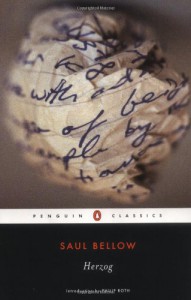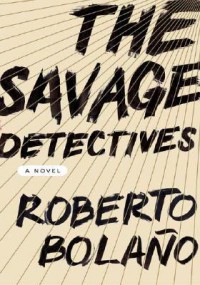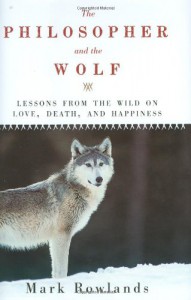Herzog
 I didn't realize it until about twenty pages from the end of the book, but Moses Herzog is one of the most endearing characters I have ever encountered in a novel. He probably shouldn't be. He's washed up, broken down, and quite possibly a little bit crazy, and spends a great deal of time mentally composing letters full of obscure philosophical references, addressing them variously to former colleagues, past lovers, or the dead philosophers themselves. All the while he is anguishing over the destruction of his second marriage, the distance between himself and his two children, the woman who may actually love him despite everything. As the wreckage of his actual life is slowly revealed, the pointlessness of the letters, even were they actually written down and sent, becomes increasingly, painfully apparent.
I didn't realize it until about twenty pages from the end of the book, but Moses Herzog is one of the most endearing characters I have ever encountered in a novel. He probably shouldn't be. He's washed up, broken down, and quite possibly a little bit crazy, and spends a great deal of time mentally composing letters full of obscure philosophical references, addressing them variously to former colleagues, past lovers, or the dead philosophers themselves. All the while he is anguishing over the destruction of his second marriage, the distance between himself and his two children, the woman who may actually love him despite everything. As the wreckage of his actual life is slowly revealed, the pointlessness of the letters, even were they actually written down and sent, becomes increasingly, painfully apparent.But then, somehow, that changes. Herzog's letters begin to seem more relevant, more significant, even with their persistent indecipherable academic jargon. Their abstract seriousness begins to seem like a front, a shield, and one that Herzog himself seems to see as increasingly flimsy and, more importantly, superfluous. As he divests himself of scholarly baggage, the meaningful parts of his life begin to reveal themselves, and suddenly, imperceptibly, Herzog the human being comes to light. (The unresolved question for me here is, did the letters themselves change, or did I change, and gradually come to recognize the truth hidden within them all along?)
For a considerable portion of this book, I admit I skimmed a lot of the letters, stuffed as they were with their hyperacademic maundering, thinking, as long as I got the gist, there was no need to bog myself down with the details. But when the book ended, so soon after I finally realized how fond of this shambling academic I had become, I began to regret my casual attitude. In a scaled down version of what we so often feel at the passing of a loved one, I wished I had paid better attention, had listened more carefully to what this earnest soul was trying to say before he was gone. He deserved that much. But now it was too late.
















